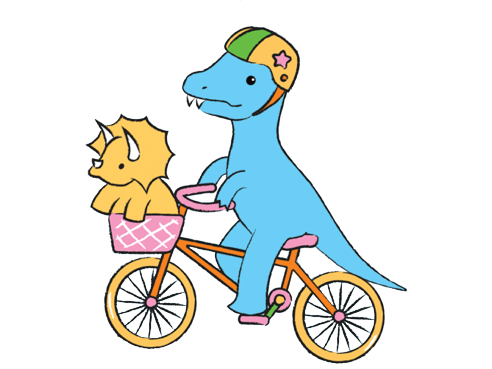Virtual learning: Dinosaurs and fossils
Learn about dinosaurs and fossils, and find out some of the ways palaeontologists know what they know about the ancient world of dinosaurs! Written specially for early learners.
Online session
Available: Terms 2-3, Monday to Friday
Session times: 9.30am, 11am & 1pm
Duration: 30–40 minutes
Suitable for: Kindergarten: Science
Cost: $90 per connection + $35 booking fee (maximum two groups in one session via two connections)
- 30 students / 1 connection: $90 + booking fee
- 60 students / 2 connections: $180 + booking fee
Bookings: outreach@museum.vic.gov.au
Description
Dinosaurs have long been the subject of fascination for children. Through stories and activities, this program will introduce to children the ways in which palaeontologists have come to understand dinosaurs through finding and studying fossils.
This live program has been developed for early learners and based on the museum’s kindergarten incursion program. Program runs for 30-40 minutes including question time.
What do you need to participate?
If you plan to have children attending kindergarten in a group setting, ideally you will need to have access to a large TV, smart TV, or data projector that can be connected to a device with the internet so that you can join via Zoom. A laptop or iPad screen will be too small to view the presentation as a group.
Can children join from home if they aren’t attending kindergarten in person?
Yes! Our virtual learning programs at Museum Victoria are run via Zoom. It’s free and easy to use.
We will send out a link to join the program to the teacher and the teacher can pass this onto the relevant parents to help the children join from home on any computer or device with internet access. It’s great if it also has a web cam and mic but that's not necessary.
Generally, we recommend a parent be within earshot if the children require help during the program.
More questions?
Related programs
Related resources
Victorian Early Years Learning and Development Framework
| Outcome | Evidence marker |
|---|---|
| Children have a strong sense of identity | Children develop their emerging autonomy, inter-dependence, resilience and sense of agency |
| Children are connected with, and contribute to, their world. | Children become socially responsible and show respect for the environment |
| Children are confident and involved learners | Children develop dispositions for learning such as curiosity, cooperation, confidence, creativity, commitment enthusiasm, persistence, imagination and reflexivity |
| Children are confident and involved learners | Children develop a range of skills and processes such as problem solving, inquiry, experimentation, hypothesising, researching and investigating. |
| Children are confident and involved learners | Children transfer and adapt what they have learnt from one context to another |







